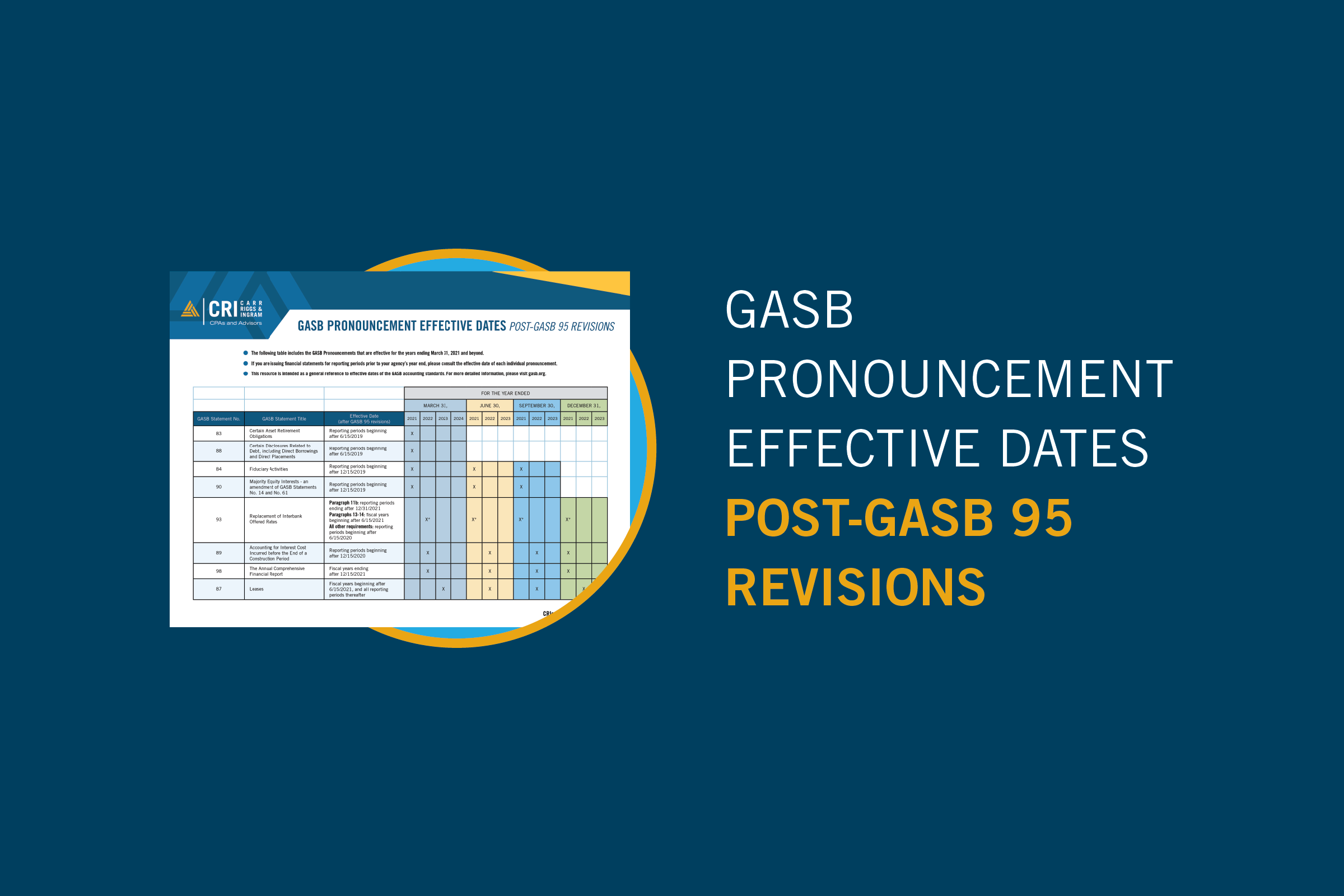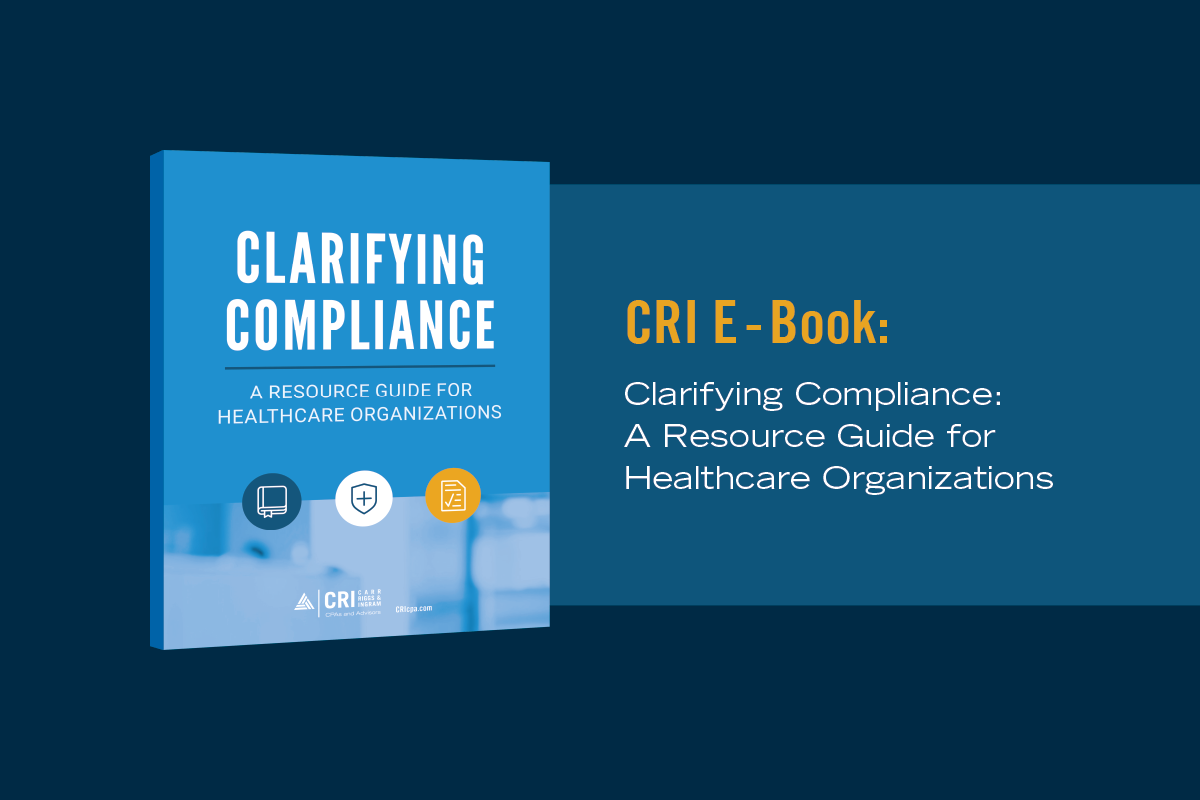Understanding 1031 Exchange Transactions: A Strategic Move for Savvy Investors
- Contributor
- Denise M. Penz
Sep 13, 2023
For anyone involved in the real estate realm, the term '1031 Exchange' is far from a novelty. It may seem like a cryptic code for the uninitiated, but understanding this tax provision can be the difference between losing a significant amount of your capital to taxes and smartly reinvesting it for further growth.
What is a 1031 Exchange Transaction?
A 1031 exchange, named after Section 1031 of the U.S. Internal Revenue Code, allows an investor to defer capital gains taxes on the sale of an investment property when it's exchanged for another "like-kind" property. This deferment strategy can lead to significant financial advantages, especially for investors keen on diversifying or transitioning their portfolios without an immediate tax consequence, those seeking protection against depreciation, or individuals who are estate planning and seeking to shape their estate for heirs using 1031 exchanges for tax efficiency.
Why are 1031 Exchanges Significant?
The 1031 exchange serves as a powerful financial strategy for real estate investors, offering a host of benefits that range from tax advantages to promoting wealth growth. By leveraging this strategy wisely, investors can optimize their portfolio's value and ensure sustained growth in the ever-evolving real estate market. Among the reasons property investors consider it significant are:
- Tax Deferral: The primary allure of a 1031 exchange is the potential tax deferment. Typically, when an investment property is sold, the owner incurs capital gains tax on the profit. Using a 1031 exchange, an investor can delay paying this tax by rolling the profits into a new property.
- Reinvestment Opportunity: This provision encourages continuous property reinvestment, allowing organizations to upscale, diversify, or consolidate their real estate portfolios without an immediate tax penalty.
- Wealth Building: Over time, by continuing to perform these exchanges and avoiding immediate tax penalties, investors can substantially increase the value of their real estate portfolio.
Preparation to Ensure a Smooth Transaction
Ensuring a smooth 1031 Exchange Transaction requires careful groundwork. For organizations aiming to maximize the benefits of 1031 exchanges, in-depth preparation is crucial. By following several essential steps, they can guarantee a seamless process and optimize their gains.
- Educate and Train: Education and training are crucial cornerstones for successful 1031 exchange transactions. Given the intricate nature of these exchanges, it's imperative that all parties, from finance professionals to real estate managers, are well-versed in the specifics, especially the nuances of 'like-kind' properties, the rigid timeline stipulations, and the potential challenges they might encounter. Regular seminars and workshops, encompassing the broad spectrum of 1031 exchanges, not only fortify an organization's ability to optimize these transactions but also help in averting costly missteps.
- Choose a Qualified Intermediary (QI): The IRS mandates the involvement of a qualified intermediary. The QI holds the sales proceeds from the relinquished property and uses them to buy the replacement property for the investor. This intermediary step ensures that the investor does not have "constructive receipt" of the funds and that the exchange process is compliant. It’s important to note that the QI should be established before the initial property sale. Often, people overlook this timing, and if the sale progresses too far, it becomes challenging for the QI to intervene.
- Strict Adherence to Timelines: The IRS is precise about the time frames. From the sale of the relinquished property, sellers have 45 days to identify potential replacement properties and 180 days to complete the purchase. Miss these windows, and the opportunity to defer taxes is lost.
- Continuous Portfolio Review: Organizations should periodically assess their real estate portfolio to identify properties that could be ripe for a 1031 exchange. By being proactive, organizations can best maximize the benefits of the provision.
- Work with Real Estate Experts: Partnering with a seasoned real estate broker or consultant who's familiar with the 1031 process is invaluable. They can help you identify like-kind properties and ensure that these selections resonate with your long-term investment objectives. Additionally, their expertise can often differentiate between a good exchange and a great one, maximizing the benefits you derive from the process.
- Legal Consultation: Given the complexity of 1031 exchanges and the tax implications, it's crucial to engage a legal expert or tax consultant who is well-versed in this area. Not only can they guarantee that all your transactions adhere to IRS guidelines, providing an added layer of protection and confidence in the process, but their guidance can also preempt potential pitfalls, ensuring a smoother and more beneficial exchange experience.
1031 Exchange Transactions aren't just a tool for the experienced elite in the real estate sector. They are a valuable instrument for any organization or individual looking to optimize their investment strategy. With the proper preparation and team of experts, navigating the 1031 terrain can be both rewarding and financially beneficial. Preferred Legacy Trust stands out as a trusted partner, seamlessly integrating with CPA firms to provide clients with an efficient, transparent, and reliable 1031 exchange experience. If you have questions or need guidance establishing a proper 1031 Exchange transaction, don't hesitate to contact Preferred Legacy Trust or your CRI tax advisor. They're here to help ensure you understand the rules, plan meticulously, and execute the strategy precisely so that you come out on top.





















































































































































































































































































































































































































































































































